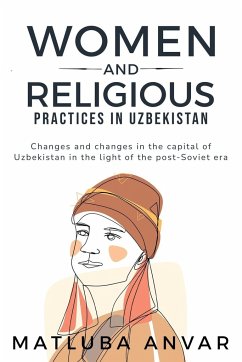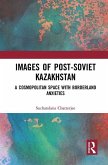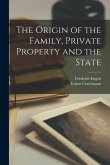This thesis is an anthropological study of Uzbek women's everyday life and religious rituals, focusing on the experience and transformation of women's religious and ritual lives in the capital Tashkent, after Soviet rule lasting seventy-three years ended in 1991. The research was conducted over four years, covering English, Russian, and Uzbek lan-guage literature, periodical press, archive materials, and oral histories of women who experienced the challenges of the Soviet system and the social changes of the period since independence in 1991. A large body of literature has been written about women's ritual life in Islam, but relatively little about Uzbek women's ritual life within Islam since independence. This thesis introduces an ethnographic contribution to the literature by investigating Uzbek women's everyday life since independence. This thesis will lay out the historical background to the changes in the government of Uzbekistan between 1991 and 2011, in particular the transition from Soviet to indepen-dent rule. It will then examine the particular impact this change in government had on women's religious and ritual life, by comparing data gathered before and after the tran-sition. The existing body of literature on women's ritual life will be critically assessed in relation to the particular findings of women's experience in Tashkent, and differences and similarities will be discussed.







